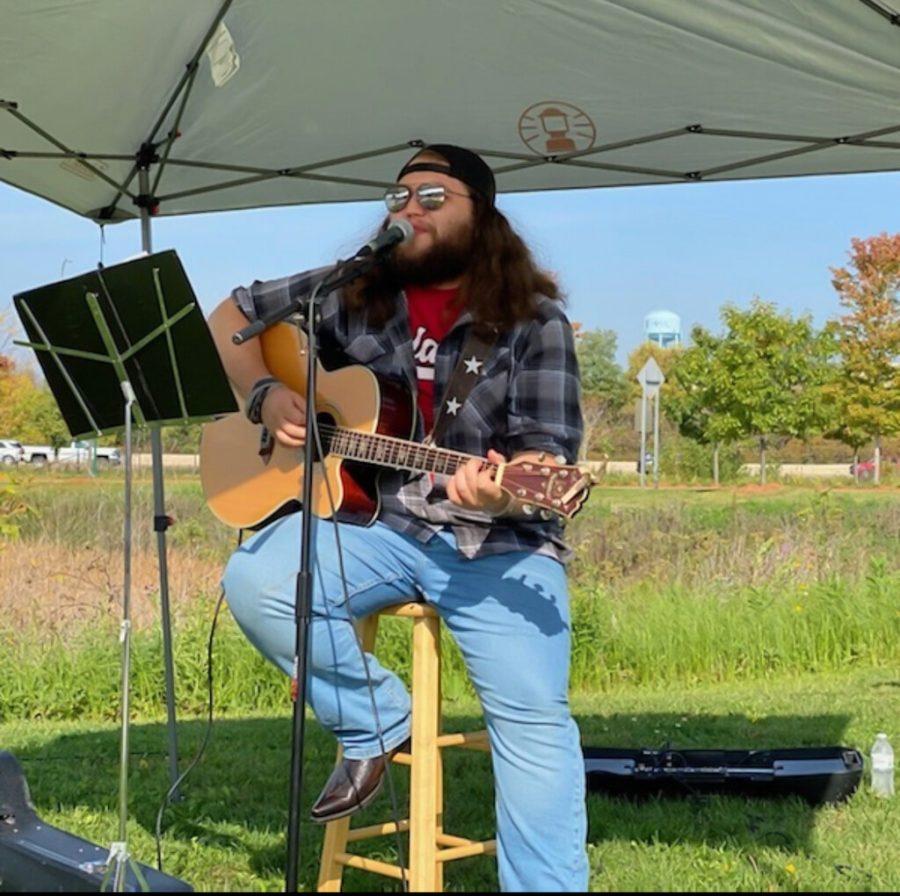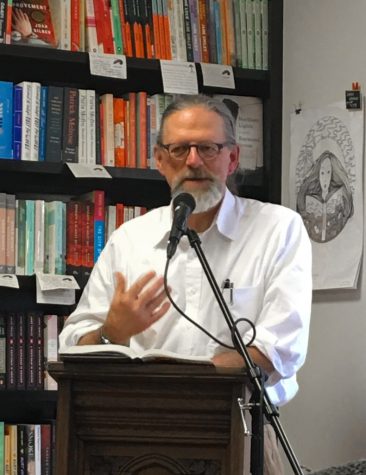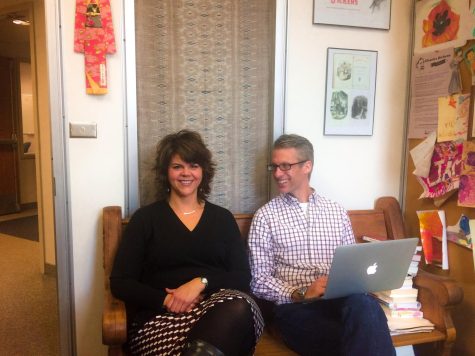Student Profile: Tommy Koppy
Contributed photo from Tommy. Thomas “Tommy” Brian Koppy is a fourth-year Winona State University student from northern St. Paul. Tommy had his first public performance at the American Legion on March 25. and then went on to perform at Stockyards, a bar in Dodge, Wis., raising money for “Stop Soldier Suicide”.
April 6, 2022
Thomas “Tommy” Brian Koppy is a fourth-year Winona State University student from northern St. Paul who is majoring in applied communication. Tommy has been a performer for six years, but in the last four he has gained recognition around Winona by performing at various venues in the area. Along with performing, Tommy is also a songwriter. Though his main focus is usually classic rock and country, he also performs blues, acoustic, jazz and more.
Tommy started his college career at the Minnesota State University-Mankato majoring in history. Attracted to the small town feel of Winona, Tommy decided to transfer to Winona State at the start of the second semester of his first collegiate year. It was also in Winona where Koppy came across “Mug- shots”. Mugshots is a weekly event held to both entertain and highlight musical students of Winona State. Tommy’s first performance on campus was at the Mugshots Coffeehouse in the former Lourdes Hall of West Campus, which has recently been sold by Winona State.
Caleasta Tripp, a former Winona State student, was present at this first performance.
“It was phenomenal; he took my breath away. I can’t wait to see where the future takes him. I hope to hear him on the radio one day,” Tripp said.
Mitchell Holets, another former Winona State student present at Tommy’s first campus performance, shared similar thoughts.
“I thought the performance was really good. I would love to hear him live again to see if he has improved his sound,” Holets said.
Tommy has continued to write and perform songs across Minnesota and Wisconsin. He unfortunately reached a snag when he fell ill with COVID-19 in the first week of January 2022 and later developed bronchitis, which eventually stripped him of his ability to talk. He was unable to recover his voice until March. Despite gaining his voice back he was still unable to sing at the level he previously had, which has made his journey that much tougher, Tommy said.
“It was awful… My singing voice never recovered,” Tommy said.”Some of the songs I was able to sing that were really high I need to build up to because I can’t reach those notes [now] even if I try.”
Less than two weeks ago, Tom- my finally had his first public performance again at the American Legion on March 25. He then performed at Stockyards, a bar in Dodge, Wis., raising money for “Stop Soldier Suicide”. Stop Soldier Suicide is a non-profit organization dedicated to assisting veterans with their lives and those who are facing various personal struggles, such as depression and suicidal thoughts. With these performances, Tommy was able to raise $1200 for the organization.
Tommy was very open about how emotionally difficult it is for him to write his songs much of the time.
“Just getting the motivation to do it [is hard],” Tommy explained. “…in order to have a good song you have to tap into your emotions. Sometimes one of the hardest things to do is tap into your emotions… to write something from the heart. Sometimes that’s hard to do because you have to be vulnerable to yourself.”
Koppy is set to graduate at the end of this semester and hopes to make his way to Nashville, Tenn., to build his life surrounded by music and art. Although his musical future is uncertain right now, Koppy encouraged those who write music to continue on, no matter the difficulty.
“Don’t stop, keep going even if it sucks,” Tommy said. “As long as you are practicing… Lots of melodies sound the same when you write them because there are only 12 notes you can use in different octaves. It’s just when you get into production, that is when it sounds different.”






































































